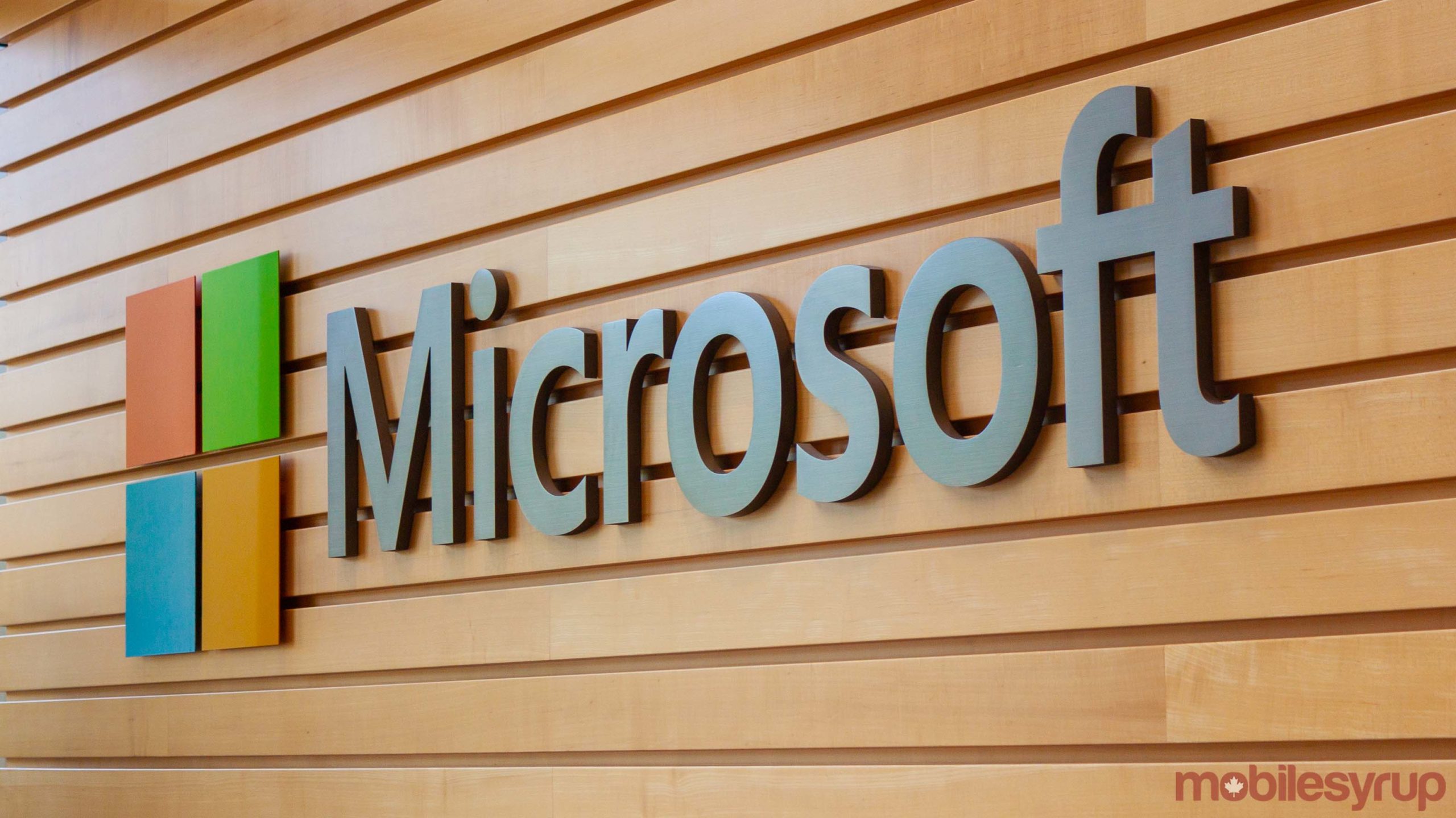Microsoft research says 65 percent of Canadian adults were exposed to a tech support scam
Microsoft released its 2021 Global Tech Support Scam Research report, which shows that 65 percent of Canadian adults were exposed to a tech support scam.
These types of scams involve fraudsters faking tech issues to force people to pay them to “fix” the problems. For example, fraudsters could create a fake pop-up that appears on a computer warning of a virus or malware infection. These pop-ups may direct users to contact the fraudster, who pretends to be support personnel for Microsoft or other tech companies. They get the user to pay them and then resolve the fake issue.
Although the number seems high, it’s worth noting that it’s down three points from the 2018 version of the report. Microsoft says the changes are largely due to decreased pop-up window or ad scams and redirects to websites.
Microsoft measured the scam problem by commissioning YouGov to survey 16,254 adult internet users (aged 18 and up, proportional to the internet user population) from 16 countries (roughly 1,000 participants per country). Along with Canada, YouGov surveyed Australia, Brazil, Columbia, Finland, France, Germany, India, Japan, Mexico, the Netherlands, Singapore, Spain, Switzerland, the U.K. and the U.S.
Microsoft says it receives about 6,500 complaints each month from people who were victims of tech support scams, which is down from an average of 13,000 monthly complaints in past years.
In Canada, Microsoft says that roughly 16 percent of people continue with a scam interaction (down from 17 percent in 2018), but the number of adults losing money to scams is up to six percent (in 2018, it was just three percent). Additionally, the study found that 90 percent of consumers said they were unlikely to trust a company that made unsolicited contact with them, believing it’s increasingly unlikely that a company would do so.
Interestingly, Microsoft also found that boomers and millennials are most susceptible to continuing with fraudulent interactions. For boomers, that stems from a lack of confidence in computer and internet experience, while for millennials, Microsoft says potential overconfidence may leave them vulnerable.
Those interested can learn more about the Global Tech Support Scam Research on Microsoft’s website.
For all the latest Technology News Click Here
For the latest news and updates, follow us on Google News.

